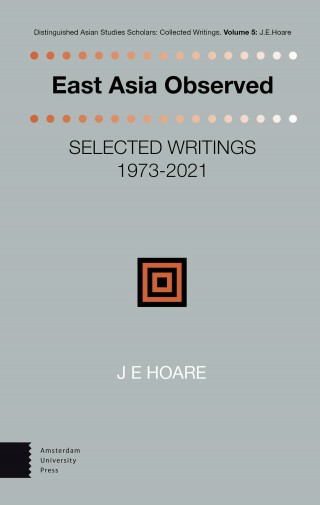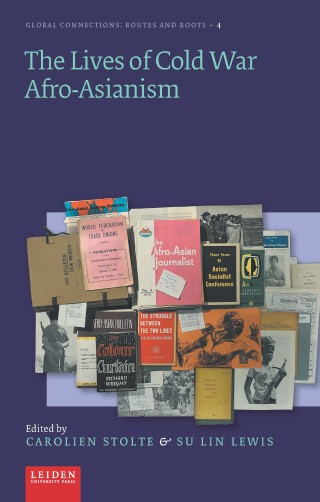In the context of modern global exchanges, an imagined and essentialised
notion of ‘East Asia’ has served as both a source of inspiration and a catalyst
for new connections, extending beyond the geographic boundaries of China,
Japan, and Korea. This volume explores the global circulation of practices,
technologies, and ideas identified as ‘East Asian’ in alternative therapies and
spiritual practices since the 1970s. Case studies range from the incorporation of
traditional Chinese medicine into Brazilian naturopathy to self-development
seminars promoting Korean national identity. Rather than focusing on
questions of authenticity, the book uniquely interrogates how and why the
cultures of China, Japan, and Korea have been invoked over the last fifty years
to promote specific therapeutic, spiritual, and political agendas worldwide.





